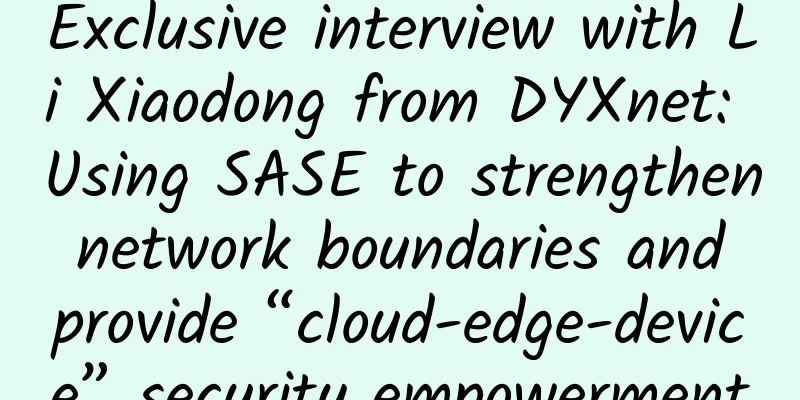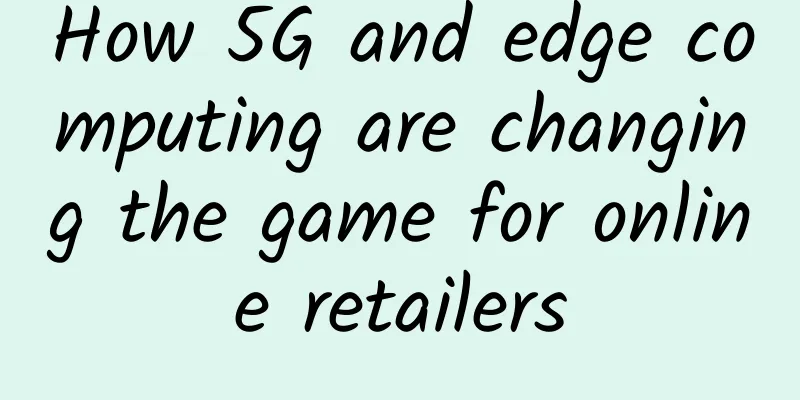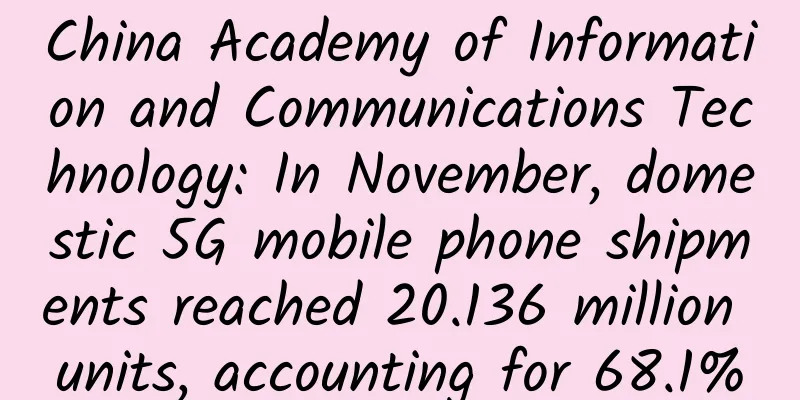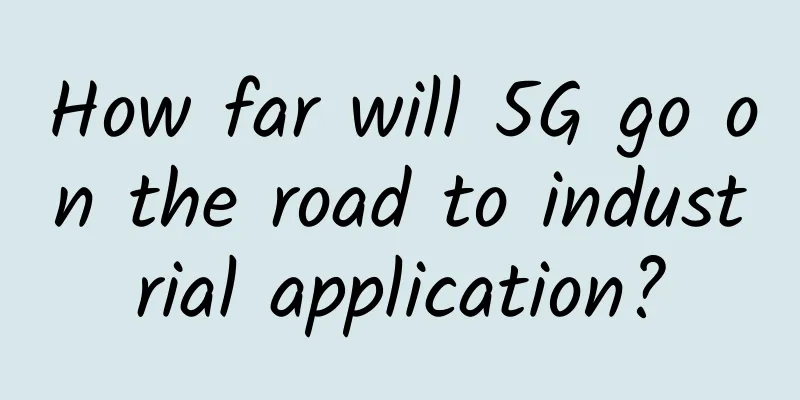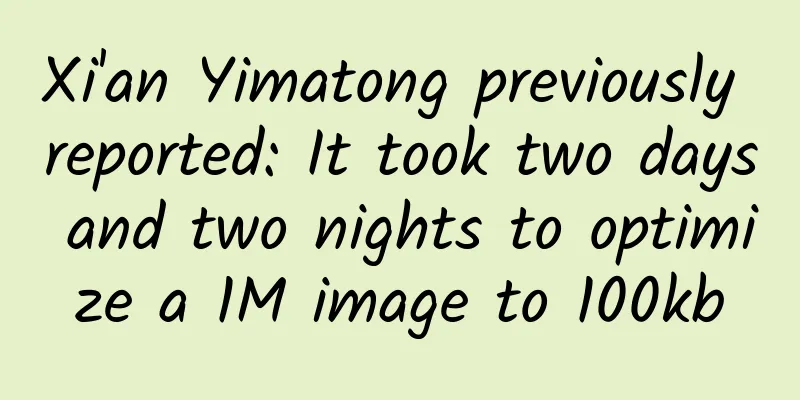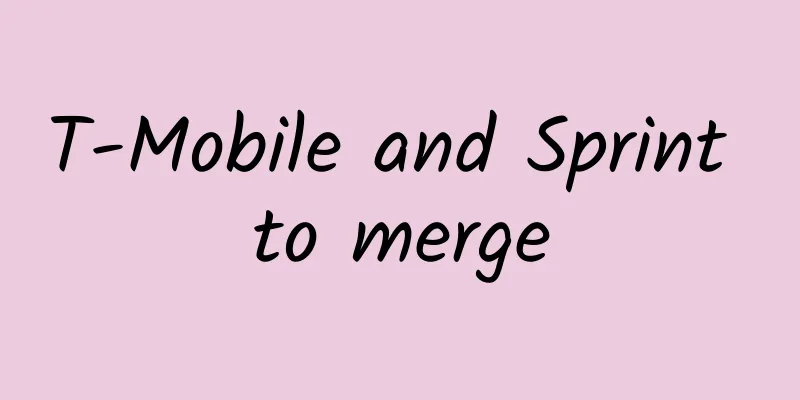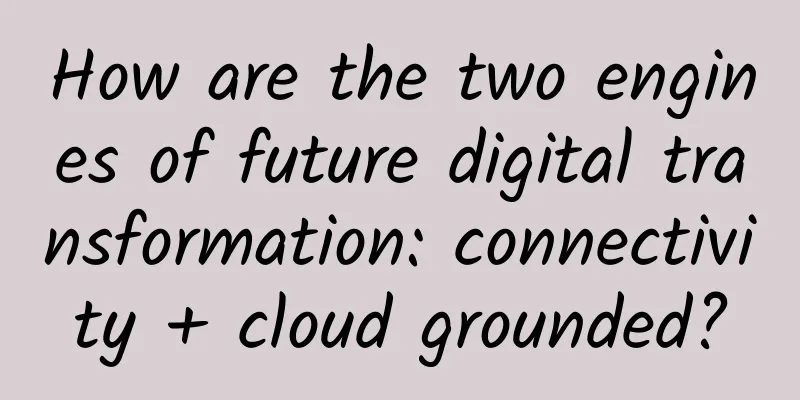The United States announced the development of a quantum internet, claiming it can never be hijacked

|
Image: Chicago Mayor Lori Lightfoot and Illinois Governor Jay Robert Pritzker announce the launch of the quantum internet project On July 24, according to foreign media reports, local time on Thursday, US officials and scientists announced the so-called quantum internet plan, which is said to never be hijacked. The new network will coexist with the existing Internet, but provide a more secure way to send and process information. The main research and development center of the quantum internet project is located in Chicago, where U.S. officials and scientists unveiled their goal of a "second internet" that would exist alongside existing global networks, using the laws of quantum mechanics to share information more securely and connect a new generation of computers and sensors. Quantum technology seeks to harness the different properties of atoms, photons and electrons to build more powerful computers and other tools for processing information. A quantum internet relies on photons that exhibit a quantum state known as entanglement that allows them to share information over long distances without being physically connected. David Awschalom, a professor at the University of Chicago's Pritzker School of Molecular Engineering and a senior scientist at Argonne National Laboratory, said the quantum internet project is a pillar of the U.S. quantum research program. He said: "This is the birth of a new technology, and it is sparking a global competition. Every major country on the planet has launched a quantum program because it is becoming increasingly clear that it will have a big impact." In addition to the United States, China is also investing heavily in quantum technology, a field that could change the way information is processed and bring huge economic and national security advantages to the country that dominates it. Europe is also keen on conducting this research. The U.S. Department of Energy and its 17 national laboratories will form the backbone of the project. It is not clear exactly where the funding for the project will come from, and the U.S. Department of Energy did not announce the funding for the project on Thursday. Paul Dabbar, the agency's undersecretary for science, told reporters that the federal government invests about $500 million to $700 million a year in quantum information technology, suggesting that some of that money will go toward the new quantum internet. Dabbar also said that more information about the project's funding sources may be announced in the future. Panagiotis Spentzouris, head of quantum science at Fermi National Accelerator Laboratory (Fermilab) in the Chicago area, said in an interview that executing the blueprint released Thursday would require more resources and a clearer project structure. The 38-page document lists research priorities and milestones to aim for but does not assign detailed tasks to specific parties. Initial users of the quantum internet could include national security agencies, financial institutions and health care companies seeking to send data more securely, researchers say. These networks promise to be more secure, with some even arguing that they can never be hijacked, due to the nature of photons and other quantum bits. Any attempt to observe or interfere with these particles would automatically change their state, destroying the information being transmitted, scientists say. The quantum internet could also be used to connect various quantum computers, helping to increase their total computing power. Quantum computers are still in the early stages of development and are not as powerful as classical computers, but connecting them through the quantum internet could help speed up their adoption in solving complex problems, such as finding new drug discoveries or new high-tech material research and development, said Oshalom, a senior scientist at Argonne National Laboratory. Eventually, consumers might also enter the quantum internet to buy products with less risk of having their credit card information hacked, or to send and receive sensitive personal information such as health records or Social Security numbers, said Sponzulis, head of quantum science at Fermi National Accelerator Laboratory (Fermilab). Consumers might seamlessly move between the regular internet and the quantum internet when shopping and sending messages, without necessarily knowing they were switching platforms, he said. In a sign of the potential economic rewards quantum technology could bring, Illinois Gov. Jay Pritzker and Chicago Mayor Lori Lightfoot both spoke at the announcement Thursday, expressing hope that quantum technology will spill over into the city’s tech community. Universities and labs in the region have established the Chicago Quantum Exchange to try to accelerate innovation and economic development. The various components of the quantum internet are already up and running in various national laboratories. In the Chicago area, Argonne National Laboratory has built a quantum network nearly 84 kilometers long, which will soon be connected to the nearby Fermilab to establish a test platform with a total length of more than 128 kilometers. In New York, Stony Brook University and Brookhaven National Lab have built another 128-kilometer-long quantum network. Sponzulis said the plan is to slowly connect these local networks across the country using fiber-optic cables, satellites and drones equipped with quantum communication hardware. Researchers say a key piece of hardware called a quantum repeater still needs to be developed to amplify the quantum network's signals over long distances. Oshalom, a senior scientist at Argonne National Laboratory, stressed that the United States needs to do more to train a new generation of quantum engineers. He said: "When you ask technology companies what their number one concern is about quantum information technology, by far their biggest concern is the lack of professional talent." These companies are also asking him: Where are we going to recruit thousands of quantum engineers? |
<<: Here is everything you want to know about 5G progress and next steps
Recommend
5G business continues to advance rapidly, and it is expected that by 2025, China's 5G connections will account for 40% of the world
[[436586]] According to GSMA think tank statistic...
What Every Developer Should Know About TCP
Why do you need to place servers geographically c...
How does SD-WAN compare to VPN?
When enterprises compare SD-WAN vs. VPN services,...
ENOs and Private LTE: Intelligent Connectivity for Smart Factories
Manufacturing processes and operations are underg...
A dream combination: IoT and edge computing
The proliferation of Internet of Things (IoT) dev...
How eSIM is revolutionizing wireless technology
Embedded Subscriber Identity Module (eSIM) has gr...
RAKsmart: Bare metal cloud server flash sale from $49/month, 125~253IP bare metal cloud cluster server from $130/month
RAKsmart offers a series of promotional products ...
I'm stunned! Why is the latency so high for a simple HTTP call?
Recently, a strange phenomenon occurred during pr...
[Mid-Autumn Festival/National Day] CUBECLOUD: 30% off for Lite series/15% off for Pro series, available in CN2 GIA Hong Kong/CN2 GIA Los Angeles
CUBECLOUD (Magic Cube Cloud) has launched a promo...
TCP
[[381851]] This article is reprinted from the WeC...
Five realistic predictions for enterprise IT in 2018
As 2017 is coming to an end, many companies are p...
Taiwan's 5G penetration rate is expected to reach 30% by the end of this year
According to Taiwan's Electronic Times, indus...
Teach you how to solve the WiFi coverage problem in various apartment types
Weekend nights are all about having fun! Playing ...
Does iPhone 12 mini not have 5G?
Although Apple held a press conference recently, ...

